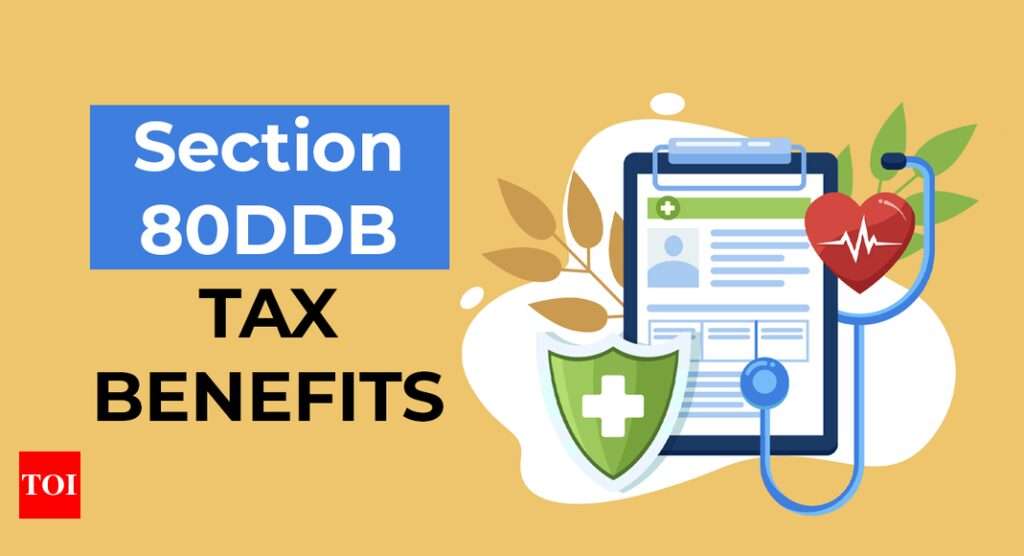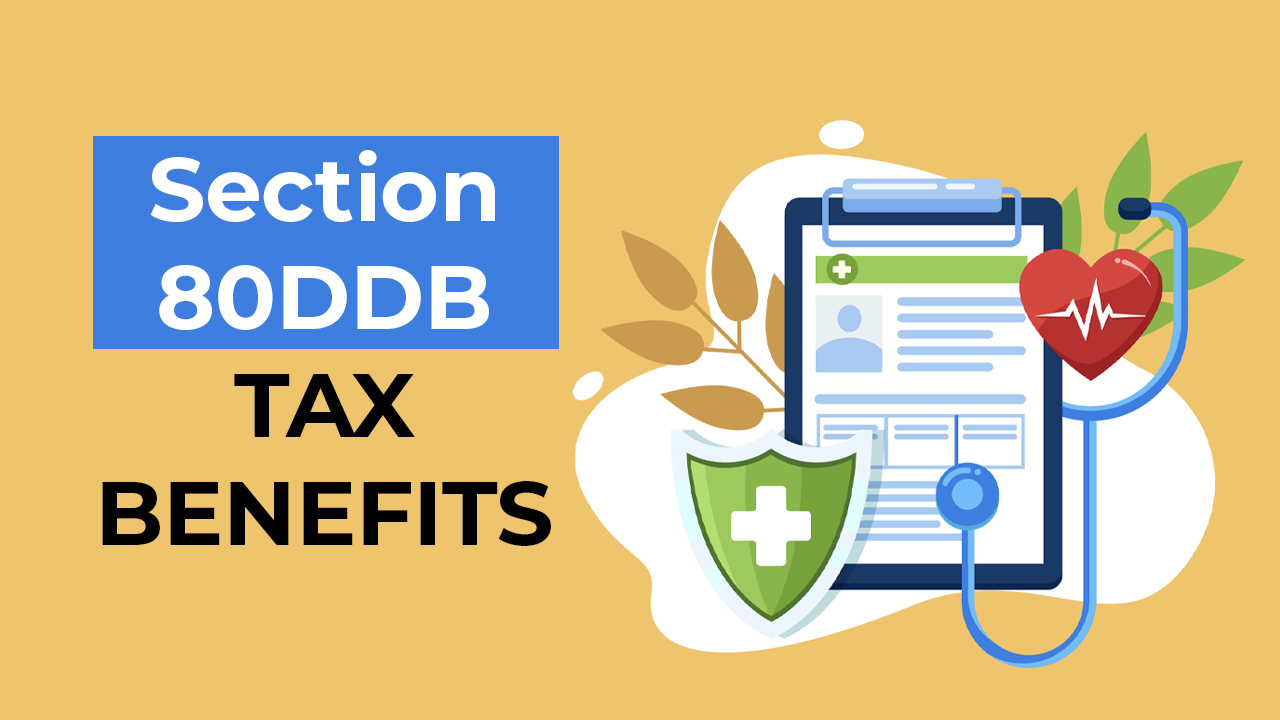Section 80DDB of the Income Tax Act provides individuals with a valuable tax deduction for expenses incurred in treating certain specified illnesses. This provision allows for a deduction on medical treatment expenses incurred for dependents suffering from specified diseases. Eligible dependents for coverage include spouses, children, parents, and siblings.
Here are five essential things to know about Section 80DDB:
1. Eligible diseases: Section 80DDB covers medical expenses related to specific diseases such as cancer, dementia, motor neuron diseases, Parkinson’s disease, AIDS, and chronic renal failure, among others.
2. Eligible individuals: Section 80DDB deduction is accessible to both Individuals and Hindu Undivided Families (HUFs), with eligibility extended to Resident Indians.
3. Deduction limit: For patients under 60 years of age, the deduction can be up to Rs 40,000 or the actual amount paid, whichever is lower. For patients aged 60 and above, the limit is Rs 1 lakh or the actual amount paid, whichever is lower.
ALSO READ | PAN-Aadhaar linking for TDS deduction: Deductee must verify the status on deduction date – here’s why
4. Reduction for insured patients: If the patient is insured, any amount reimbursed by the insurer or paid by an employer must be subtracted from the actual expenses incurred to determine the eligible deduction amount.
5. Documentation and compliance: To claim the deduction under Section 80DDB, individuals must maintain proper documentation of medical expenses, including prescriptions, bills, and receipts. Additionally, it’s important to comply with the relevant tax laws and regulations while availing of this benefit.
Taxpayers should also know about the need to obtain a certificate for claiming deduction under section 80DDB on their income tax return, particularly when they have dependents suffering from specified diseases.
Here are five essential things to know about Section 80DDB:
1. Eligible diseases: Section 80DDB covers medical expenses related to specific diseases such as cancer, dementia, motor neuron diseases, Parkinson’s disease, AIDS, and chronic renal failure, among others.
2. Eligible individuals: Section 80DDB deduction is accessible to both Individuals and Hindu Undivided Families (HUFs), with eligibility extended to Resident Indians.
3. Deduction limit: For patients under 60 years of age, the deduction can be up to Rs 40,000 or the actual amount paid, whichever is lower. For patients aged 60 and above, the limit is Rs 1 lakh or the actual amount paid, whichever is lower.
ALSO READ | PAN-Aadhaar linking for TDS deduction: Deductee must verify the status on deduction date – here’s why
4. Reduction for insured patients: If the patient is insured, any amount reimbursed by the insurer or paid by an employer must be subtracted from the actual expenses incurred to determine the eligible deduction amount.
5. Documentation and compliance: To claim the deduction under Section 80DDB, individuals must maintain proper documentation of medical expenses, including prescriptions, bills, and receipts. Additionally, it’s important to comply with the relevant tax laws and regulations while availing of this benefit.
Taxpayers should also know about the need to obtain a certificate for claiming deduction under section 80DDB on their income tax return, particularly when they have dependents suffering from specified diseases.


